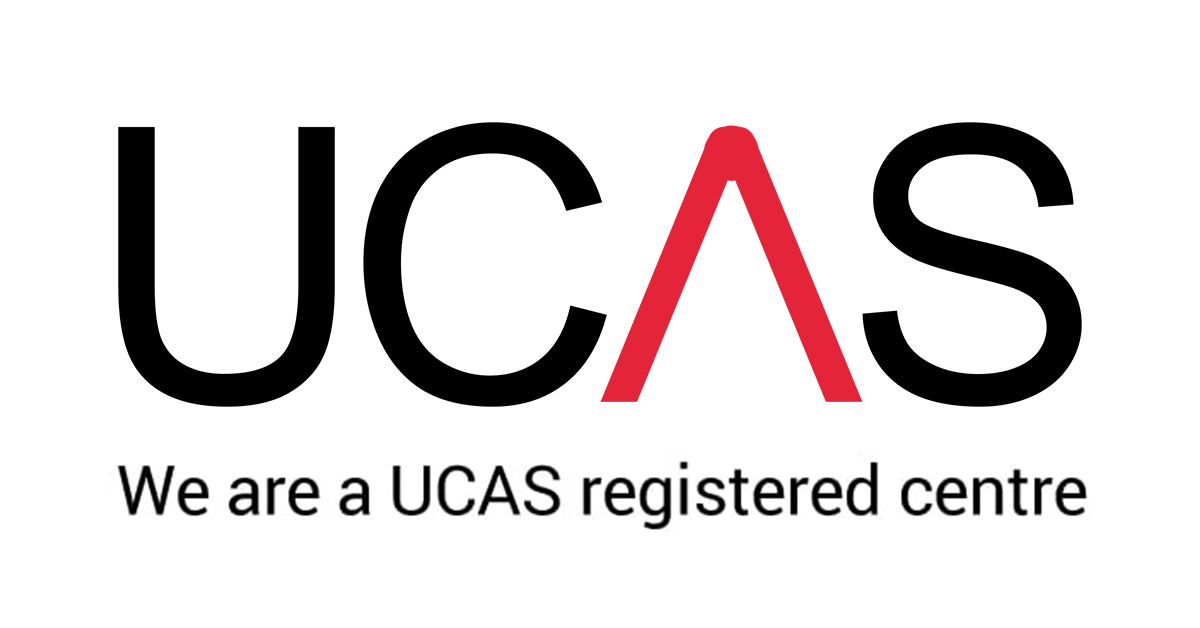International GCSE in Biology (9-1)
Pearson Edexcel – Qualification Code: 4BI1
Why Study This Course?
The Pearson Edexcel International GCSE in Biology provides students with a solid foundation in biological principles, encouraging analytical thinking, problem-solving, and practical skills. This course is ideal for students who:
· Have an interest in the natural world, human biology, and environmental science.
· Enjoy conducting experiments and applying theoretical knowledge to real-life scenarios.
· Are considering A-Level Biology or careers in medicine, environmental science, genetics, biotechnology, or related fields.
· Want to develop scientific enquiry, critical thinking, and research skills.
Who is This Course For?
This course is suitable for students who:
· Enjoy learning about living organisms and ecosystems.
· Want to develop practical and theoretical scientific skills.
· Are considering careers in healthcare, veterinary science, environmental studies, or biological research.
· Need a strong foundation in science for further education.
1. The Nature and Variety of Living Organisms
- Classification of organisms into plants, animals, fungi, protoctists, bacteria, and viruses.
- Differences between prokaryotic and eukaryotic cells.
- Understanding pathogens and their role in diseases.
2. Structures and Functions in Living Organisms
- Cells and Tissues – Cell structure, organelles, specialisation.
- Movement of Substances – Diffusion, osmosis, active transport.
- Human Biology – The digestive system, circulatory system, nervous system
- Plant Biology – Photosynthesis, transport in plants, adaptations.
3. Reproduction and Inheritance
- Genetics – DNA, genes, chromosomes, and mutations.
- Mitosis and Meiosis – Cell division and genetic variation.
- Inheritance – Dominant and recessive traits, Punnett squares, genetic disorders.
- Reproduction – Sexual and asexual reproduction in plants and animals.
4. Ecology and the Environment
- Ecosystems and Food Webs – Energy flow, trophic levels.
- Human Impact on the Environment – Pollution, deforestation, climate change.
- Nutrient Cycles – Carbon, nitrogen, and water cycles.
5. Use of Biological Resources
- Selective Breeding and Genetic Modification – Benefits and risks.
- Microorganisms in Biotechnology – Fermentation, antibiotics, genetic engineering.
- Food Production – Farming methods, sustainable agriculture.
While practical skills are assessed through written examinations, students are expected to develop hands-on laboratory through virtual methods and skills. Students will:
- Conduct experiments to investigate biological processes.
- Interpret data from practical investigations.
- Apply mathematical skills to scientific calculations.
- Develop skills in hypothesis testing and evaluation.
Suggested practical investigations include:
- Microscopy – Examining plant and animal cells.
- Osmosis and Diffusion – Investigating movement of substances.
- Enzyme Activity – Effect of temperature and pH on enzymes.
- Photosynthesis – Factors affecting the rate of photosynthesis.
- Respiration – Investigating anaerobic respiration in yeast.
The course assesses students based on the following objectives:
| Objective | Description | Weighting |
|---|---|---|
| AO1 | Demonstrate knowledge and understanding of biological concept | 38-42% |
| AO2 | Apply knowledge to problem-solving and analysis | 38-42% |
| AO3 | Practical and experimental data analysis | 19-21% |
Strong Preparation for A-Level and Beyond
This course provides a solid foundation for A-Level Biology and prepares students for higher education in medicine, environmental science, and biological research.
Recognition by Top Universities
The Pearson Edexcel International GCSE in Arabic (First Language) is widely recognised by universities and employers worldwide, demonstrating fluency and literacy in Arabic.
Development of Key Scientific Skills
Students develop critical thinking, data analysis, and problem-solving skills, which are valuable in various scientific and medical careers.
Engaging and Relevant Content
The course includes real-world biological applications, ensuring that students engage with modern scientific challenges.
Course Structure
The qualification consists of two externally assessed written papers:
Biology Paper 1 (61.1%)
Exam Duration: 2 hours
Assessment Format: External examination
Key Topics Covered:
- The Nature and Variety of Living Organisms – Classification, characteristics of life.
- Structures and Functions in Living Organisms – Cells, nutrition, respiration, homeostasis.
- Reproduction and Inheritance – Genetics, DNA, sexual and asexual reproduction.
- Ecology and the Environment – Energy flow, food chains, pollution, biodiversity.
- Use of Biological Resources – Biotechnology, selective breeding, genetic modification.
Biology Paper 2 (38.9%)
Exam Duration: 1 hour 15 minutes
Assessment Format: External examination
Key Topics Covered:
- Assesses all topics, including additional in-depth content from Paper 1.
- Includes bolded content, which is examined in greater detail.
- Evaluates practical skills and experimental techniques.
Each paper contains a mix of multiple-choice, short-answer, structured, and extended-response questions.






